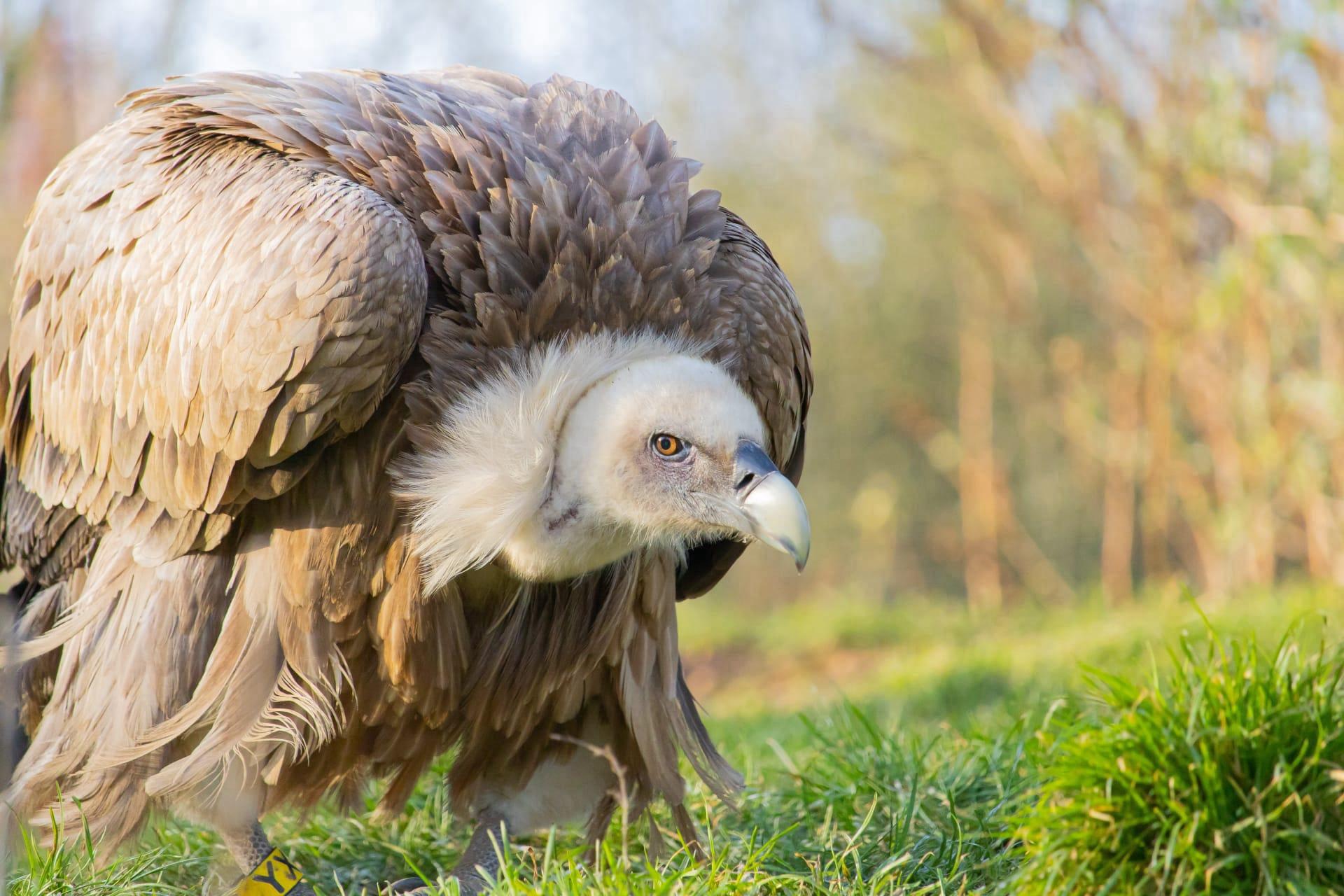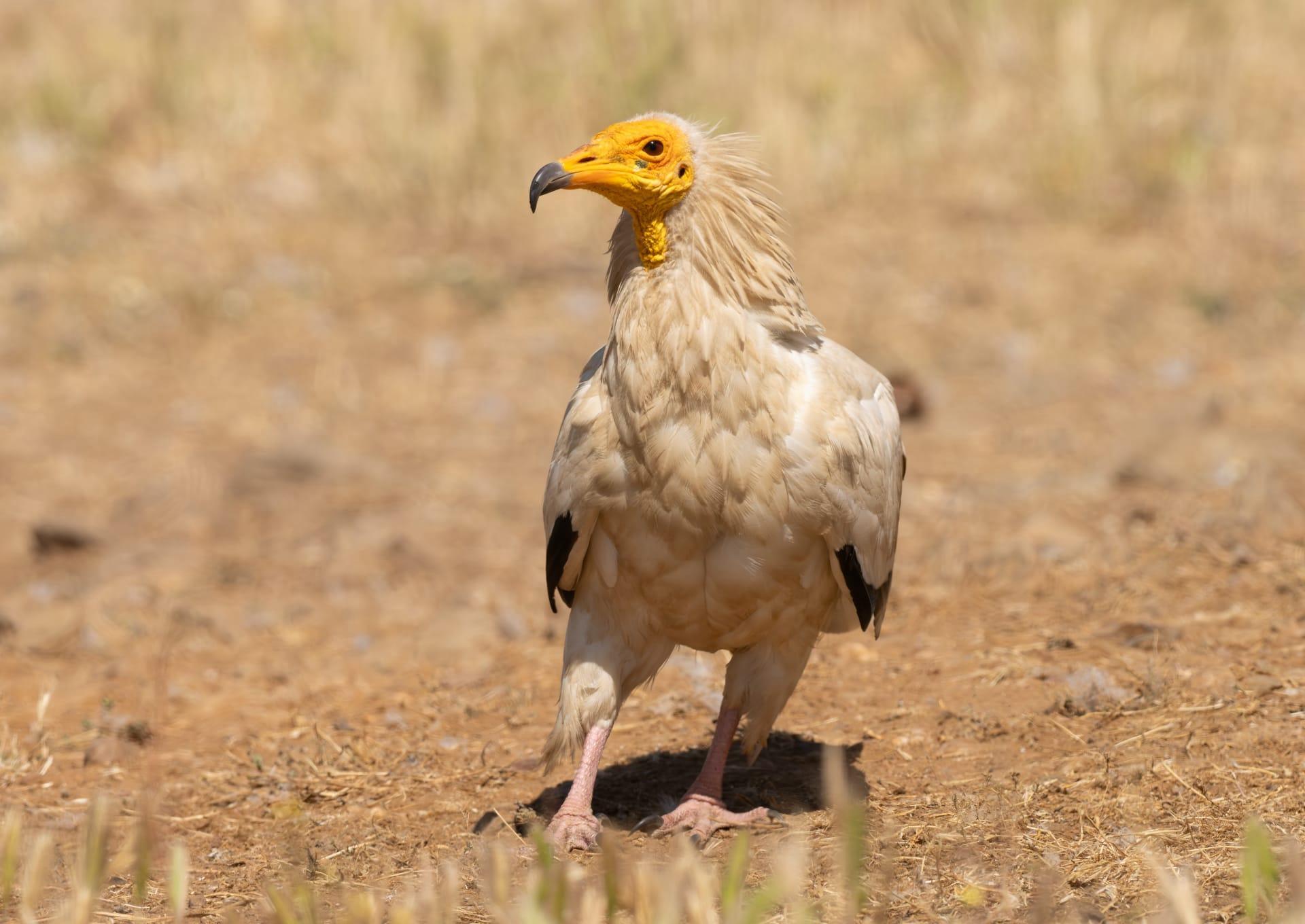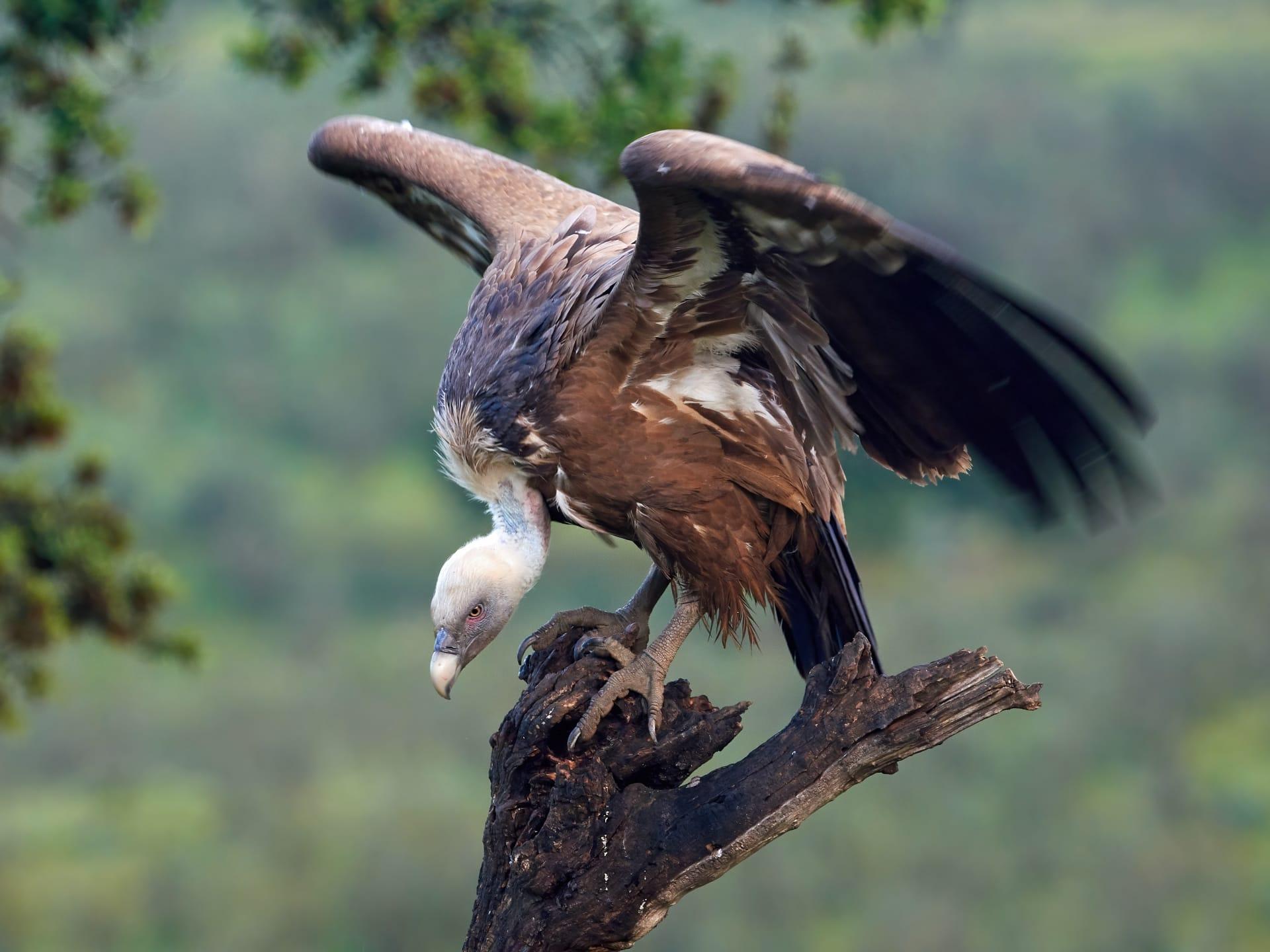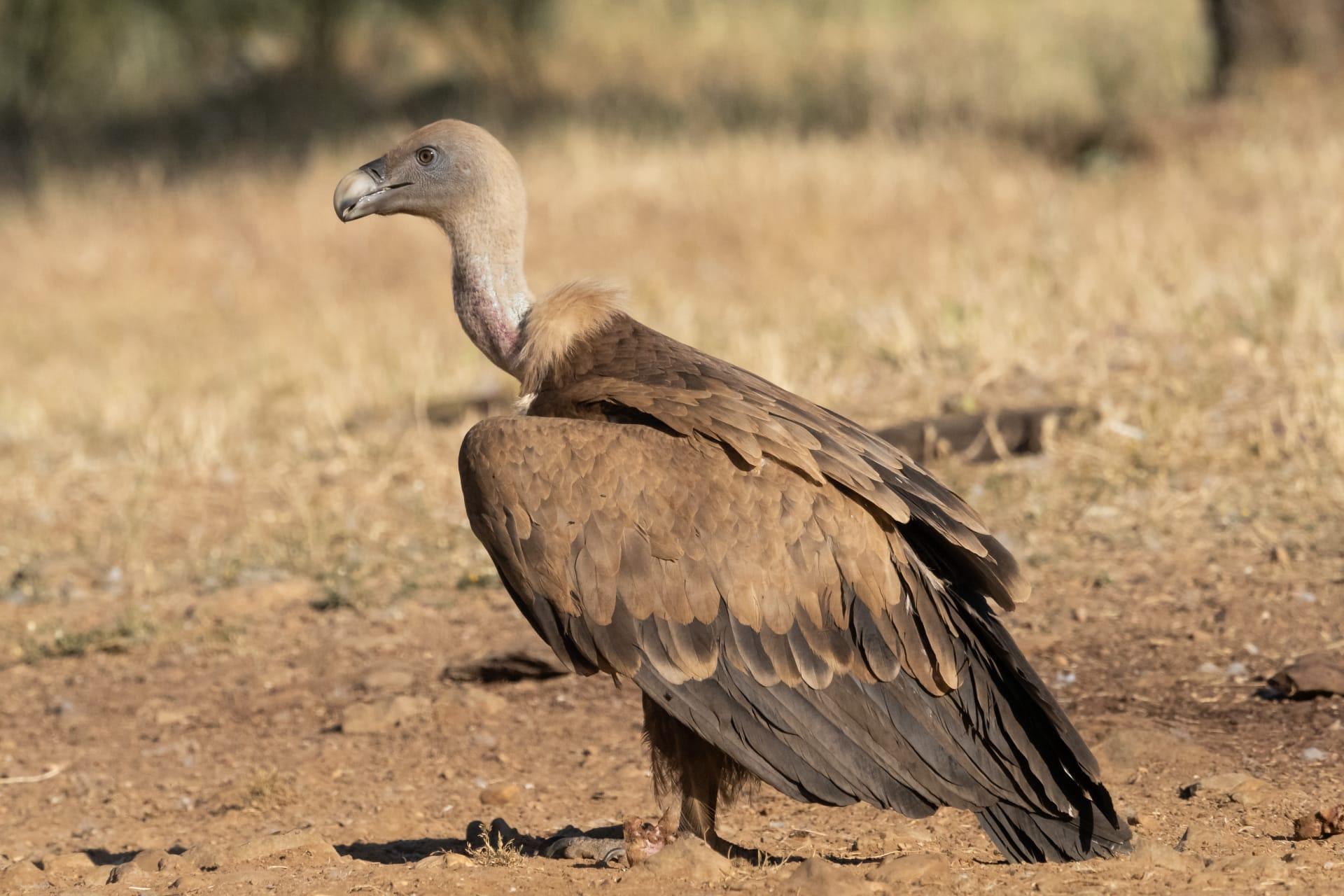Vulture Trivia
- Home /
- Trivia Question /
- Animal /
- Vulture Trivia
1
Question: How high can a vulture fly?
Answer: Vultures are known for their impressive flight capabilities. They can soar to incredible heights, with some species, like the Rüppell's griffon vulture, reaching altitudes of over 37,000 feet (11,278 meters). This is nearly as high as commercial airplanes fly! They achieve this by riding thermal updrafts, which are currents of warm air rising from the earth's surface. This technique allows them to conserve energy while scanning vast areas for food.
Question: What is the wingspan of the largest vulture species?
Answer: The Andean condor, a type of vulture, boasts the largest wingspan of any land bird. It can span up to 10.5 feet (3.2 meters) from tip to tip. This massive wingspan aids in their ability to glide effortlessly for long periods. The Andean condor's wings are not just wide; they're also uniquely shaped, with finger-like feathers at the tips that help with maneuverability and air control during flight.

2
Question: Do vultures only eat dead animals?
Answer: While vultures are primarily scavengers, feeding on carcasses of dead animals, some species occasionally hunt for live prey. For instance, the bearded vulture (or lammergeier) is known to eat a small amount of live prey, like tortoises, which they may drop from great heights to crack open. However, over 90% of their diet is carrion, making them an essential part of the ecosystem for cleaning up dead matter.
Question: Are vultures dangerous to humans?
Answer: Contrary to popular belief, vultures pose little threat to humans or live animals. They have a bad reputation largely due to their association with death, but they are generally non-aggressive and shy away from humans. In fact, vultures play a critical role in controlling the spread of diseases by consuming dead animals that could harbor harmful pathogens.

3
Question: How do vultures find their food?
Answer: Vultures use a combination of keen eyesight and an extraordinary sense of smell to locate carrion. The turkey vulture, in particular, has a highly developed sense of smell and can detect the scent of ethyl mercaptan, a gas produced at the early stages of decay, from miles away. This allows them to find food quickly and efficiently, even in dense forests or other covered areas.
Question: Can vultures digest diseased carcasses without getting sick?
Answer: Yes, vultures have incredibly strong stomach acid, which allows them to safely consume rotting carcasses that may contain diseases like anthrax, botulism, and cholera. Their stomach acid has a pH level approaching 0, strong enough to kill almost all bacteria and viruses that would be lethal to other animals. This unique adaptation makes vultures vital for preventing the spread of diseases in their habitats.

4
Question: What is the lifespan of a vulture in the wild?
Answer: Vultures can live surprisingly long lives for birds. In the wild, they can live up to 25 years, but in captivity, some species have been known to live for over 40 years. Their long lifespan is attributed to their scavenging lifestyle, which involves less risk than hunting, and their position as one of the few natural scavengers, which reduces competition for food.
Question: How do vultures help in conservation efforts?
Answer: Vultures play a crucial role in their ecosystems as nature's cleanup crew. By consuming carrion, they prevent the spread of diseases among animals and humans. Additionally, their presence can indicate the health of the environment, making them important indicators for conservationists. Efforts to conserve vulture populations also help in preserving the balance in ecosystems where they are a key component.

5
Question: Do vultures mate for life?
Answer: Many vulture species are monogamous and mate for life. They engage in intricate courtship rituals, which include impressive aerial displays and mutual preening. Once paired, a vulture couple will often return to the same nest site year after year, strengthening their bond over time.
Question: What is the social structure of vultures like?
Answer: Vultures are generally social birds, often seen roosting, flying, or feeding in large groups. This social behavior is beneficial for locating food, as a group of vultures circling in the sky can indicate a carcass below, attracting others to the site. However, their social structure varies among species, with some being more solitary or forming smaller groups.